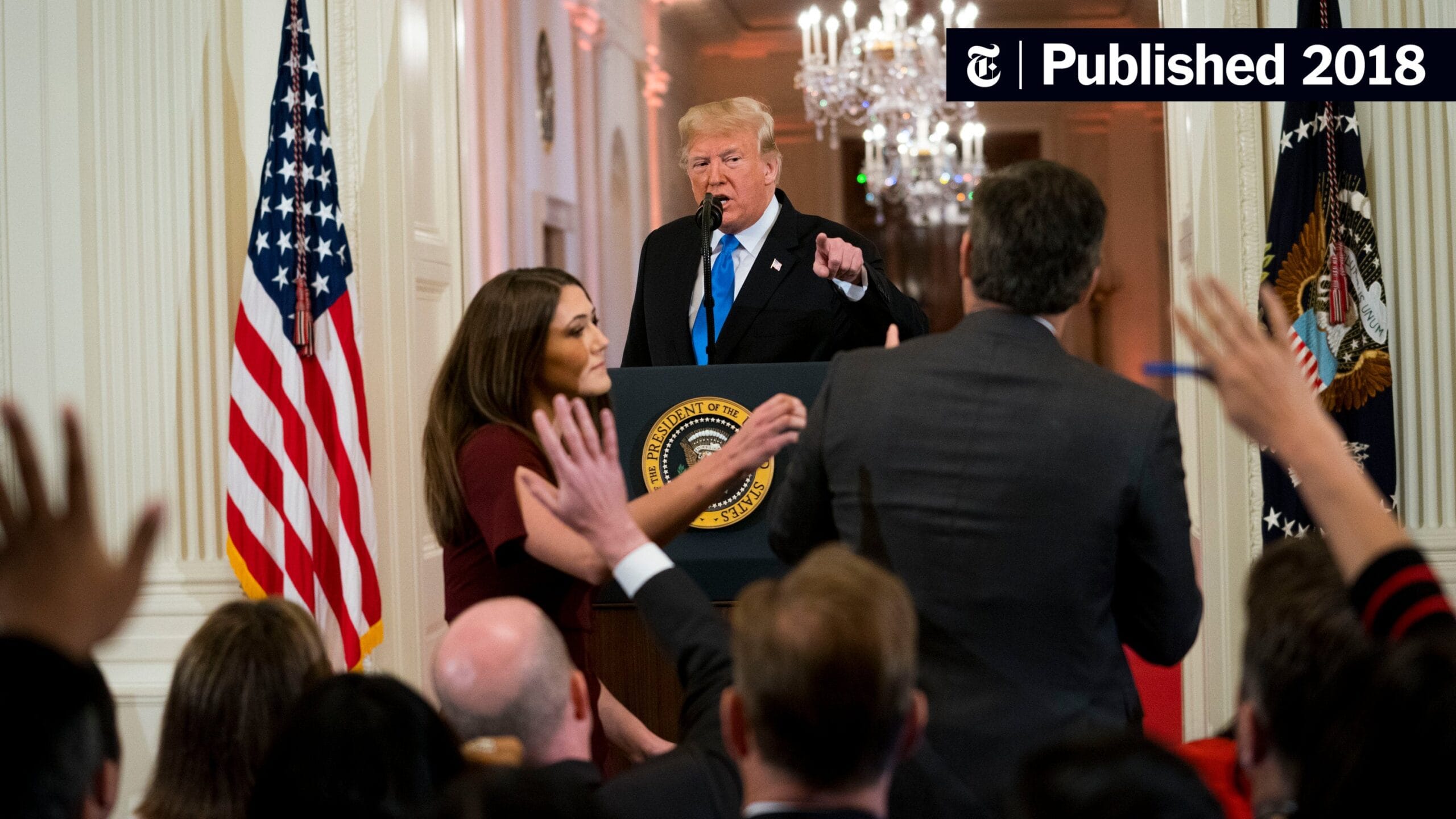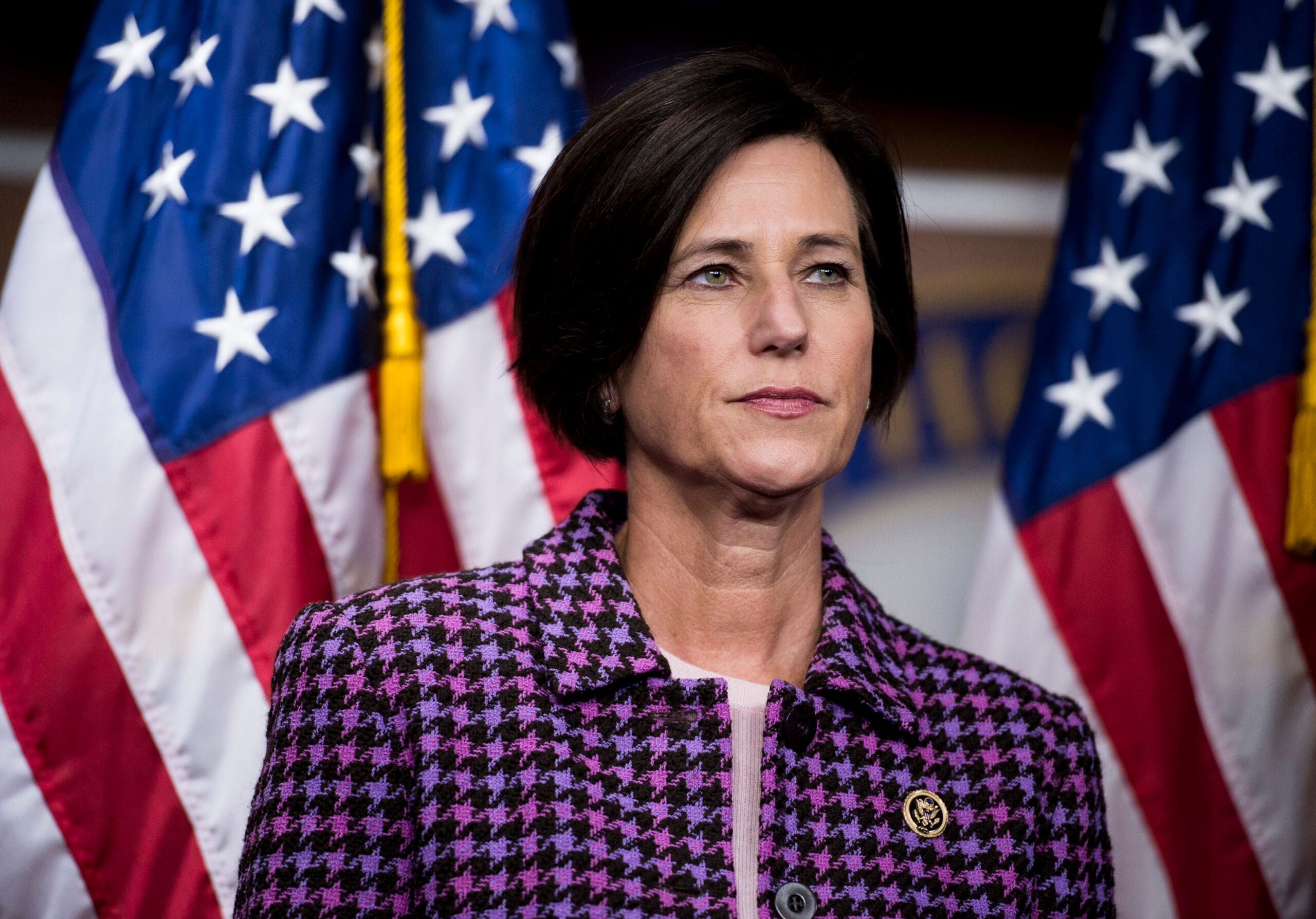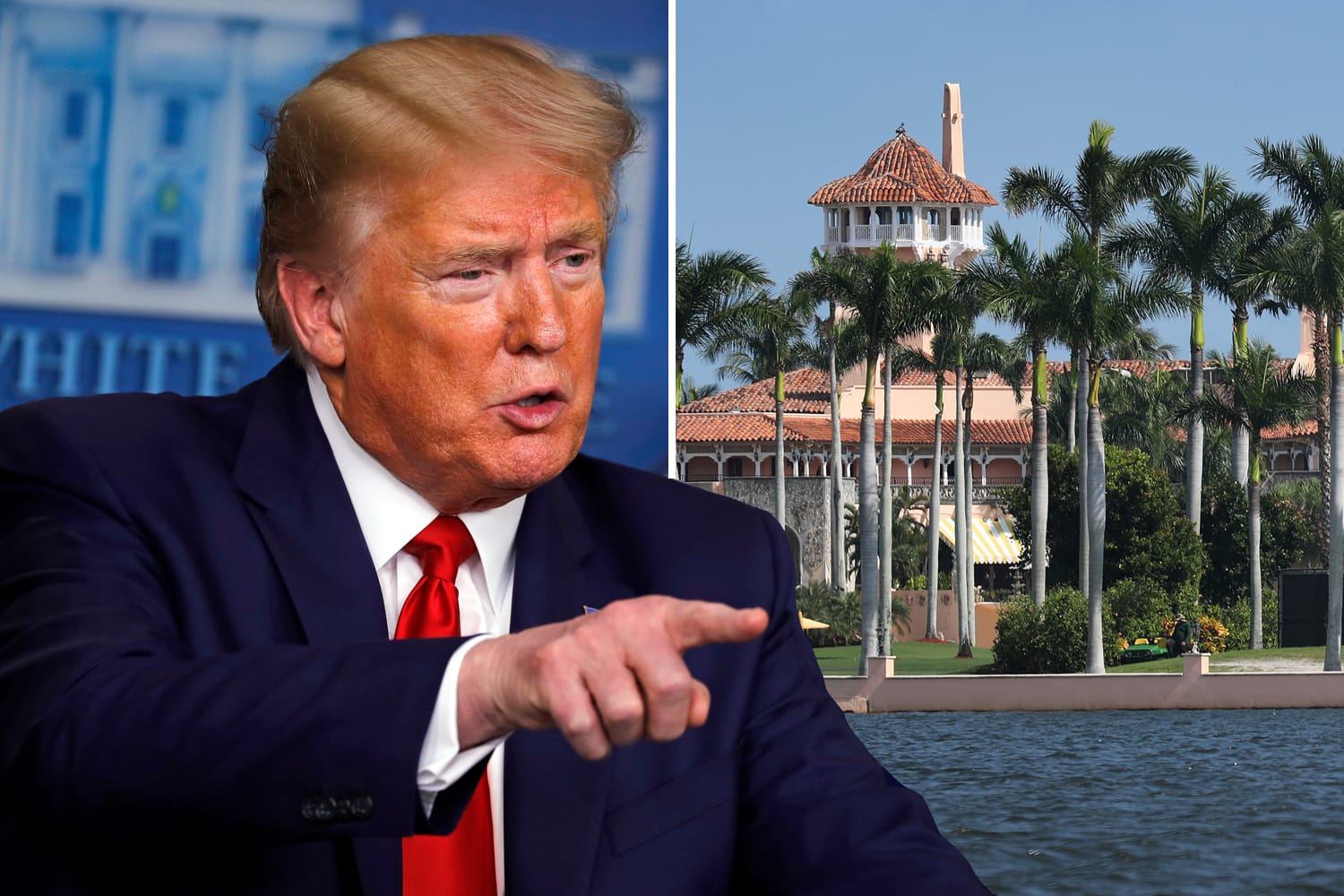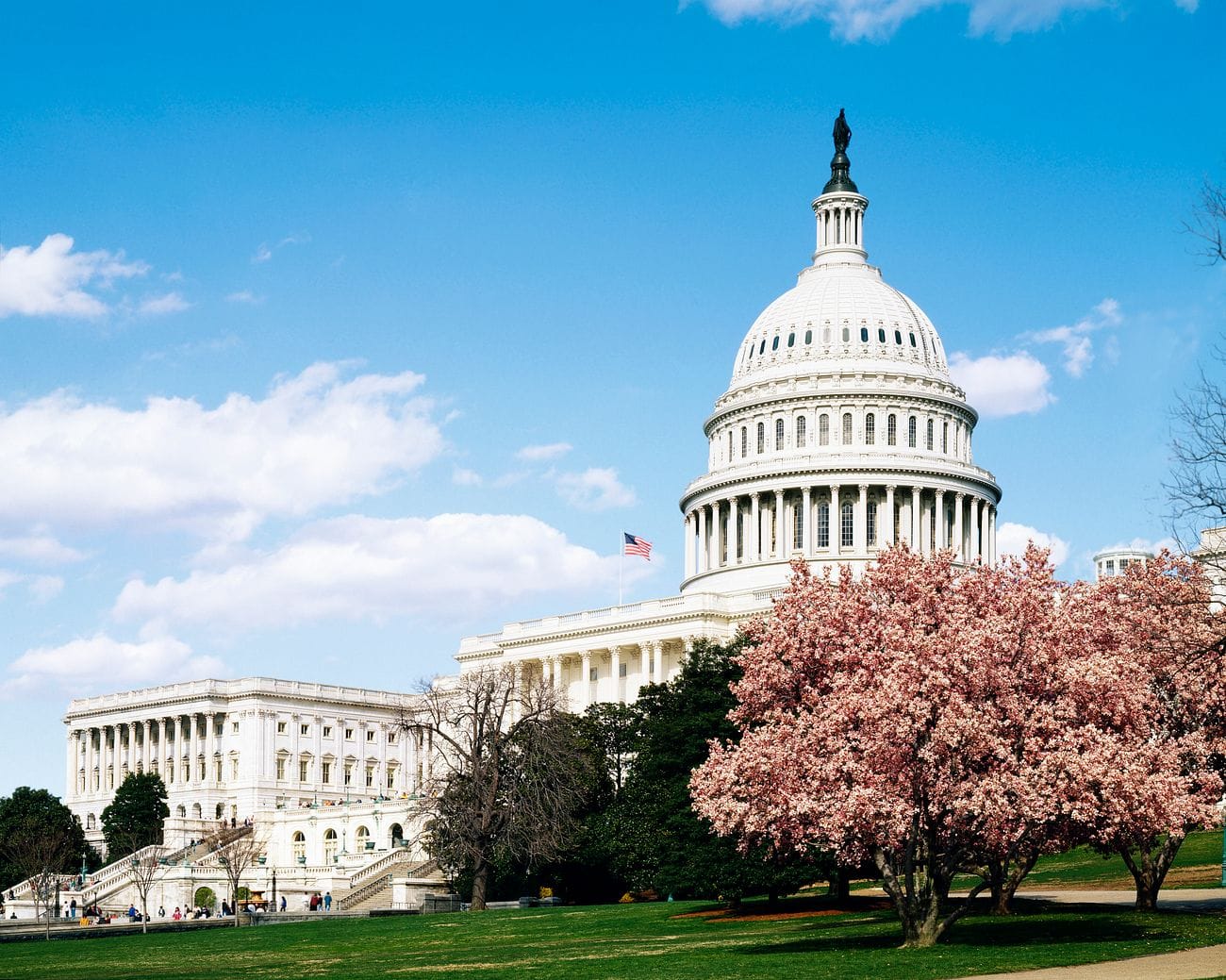President Trump’s decision to abandon his proposed freeze on federal spending has sparked a flurry of activity in Congress, with Democrats seizing the opportunity to criticize the initial proposal and outline their own priorities. The abrupt reversal comes after weeks of intense debate and negotiations surrounding the federal budget, highlighting the delicate balance of power within the government and the complex realities of fiscal policy.
Trump’s original proposal, which aimed to limit spending across various federal agencies, had been met with fierce opposition from Democrats who argued that it would disproportionately harm social programs and essential services. They characterized the plan as a threat to the well-being of vulnerable populations and a misguided attempt to achieve fiscal austerity.
Congressional Democrats wasted no time in expressing their disapproval of the spending freeze, issuing statements condemning the proposal and urging the administration to reconsider. They criticized the potential impact on vital programs such as healthcare, education, and infrastructure, arguing that such cuts would undermine the nation’s economic recovery and social safety net.
The swift and vocal opposition from Democrats, coupled with concerns raised by Republicans who worried about the potential consequences for key government functions, ultimately forced Trump to back down. The administration’s shift in stance has been attributed to a combination of factors, including pressure from both within and outside the government, as well as a recognition of the potential political and economic fallout from implementing such a drastic spending cut.
The withdrawal of the spending freeze marks a significant development in the ongoing budget negotiations, injecting a new level of uncertainty into the process. While the immediate crisis has been averted, the fundamental disagreements regarding the role of government spending remain unresolved.
Congressional Democrats, emboldened by their success in pressuring Trump to abandon the freeze, are now poised to push for their own priorities in the budget debate. They are expected to advocate for increased funding for social programs, infrastructure investments, and clean energy initiatives, while seeking to maintain or even expand existing spending levels for essential services.
The coming weeks will be crucial in determining the final shape of the federal budget. The outcome of these negotiations will have far-reaching implications for the nation’s economy, social well-being, and long-term fiscal health.



